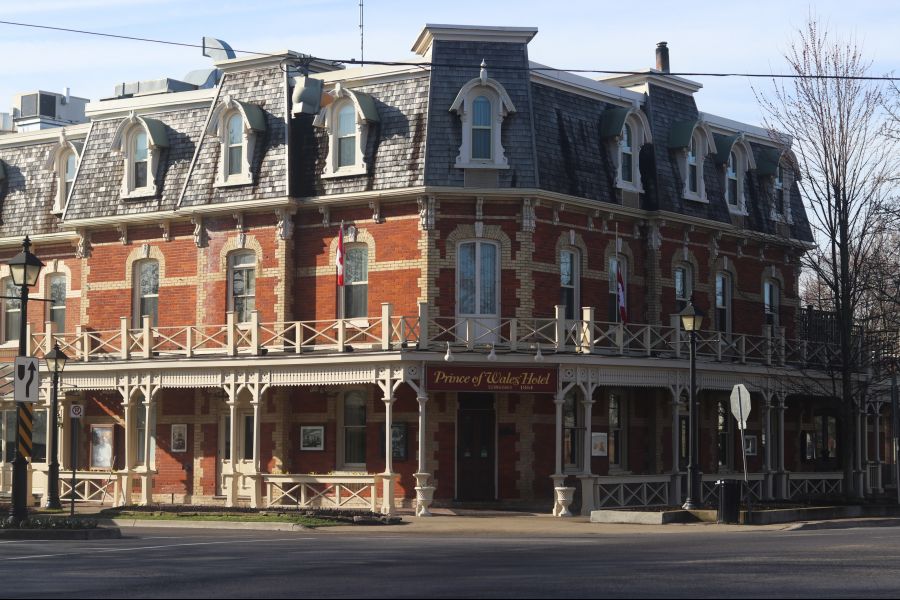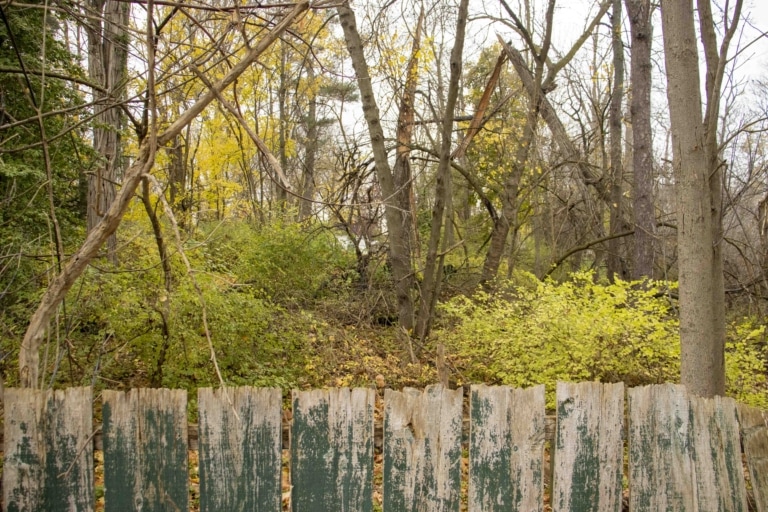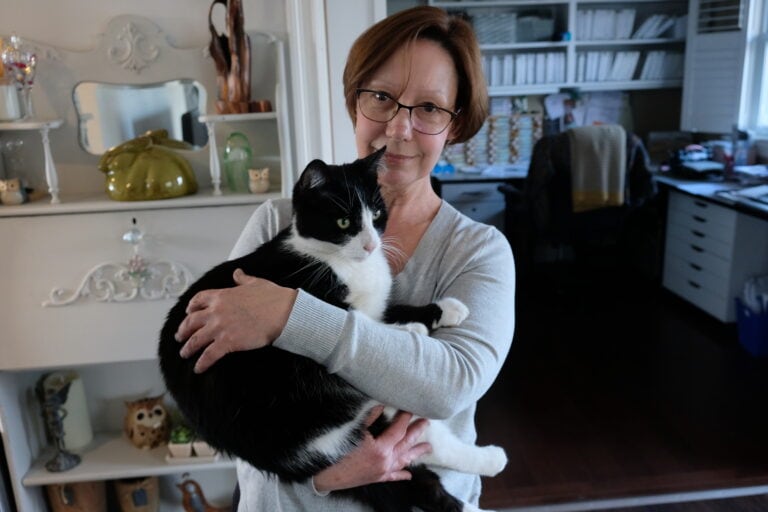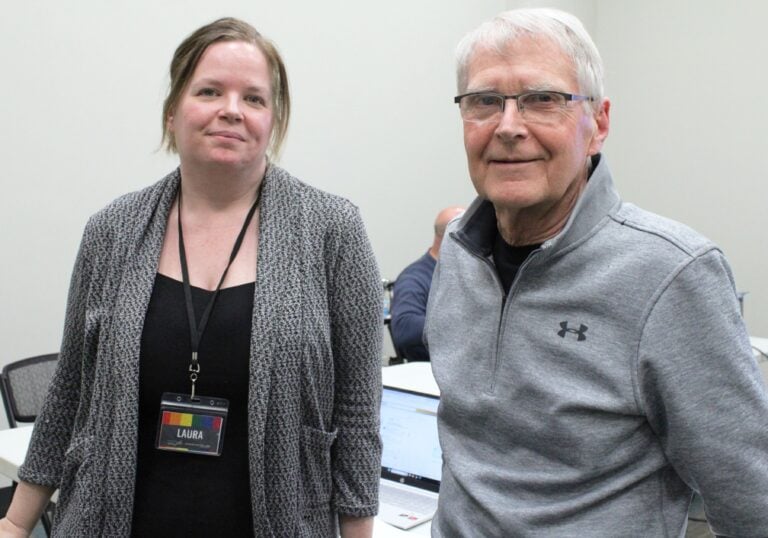It’s been simmering a long time on the back burner, but NOTL is finally ready to serve up its municipal accommodation tax.
Niagara-on-the-Lake’s long-awaited and hard-fought hotel tax is set to begin on July 1 after council unanimously approved a staff report and bylaw on the levy during a Monday, June 20 council meeting.
The new levy is a two per cent tax on all accommodation businesses that have five or more rooms.
Town treasurer Kyle Freeborn told council that includes about 14 of the nearly 300 short-term rental accommodations in town.
All hotels will be subject to the tax.
The levy will ramp up to 3 per cent at the start of 2024 and 4 per cent in 2025.
During a council meeting on Dec. 20, 2021, Freeborn offered an overview of how much money the levy may generate, presenting several options with various scenarios.
One option calculated earnings based on a 60 per cent room occupation rate, an average room price of $200 and a tax of 2 per cent. This resulted in more than $1 million in annual tax revenue, with the municipality keeping 50 per cent for itself, or $530,987.
The presentation estimated the the town will earn roughly $44,000 per month from the tax. When implemented in July, that could total some $264,000 by the end of 2022, he said.
But actual revenue is likely to be less this year. Due to logistic concerns, the tax will not be applied to rooms that were booked before July 1.
Coun. Sandra O’Connor expressed some concern the tax is low for starters while other municipalities are going full bore right out of the gate.
St. Catharines approved an accommodation tax on May 30. It kicks in on Aug. 1 and will be four per cent immediately. It will also apply to all accommodations, regardless of the number of rooms.
Council has debated the tax idea many times over several years but always resisted passing the levy.
The current council has “been a year at this and we’re gradually going to implement it over three years,” O’Connor lamented.
She proposed moving up the timeline for increasing the rate so it would reach its full four per cent by 2024.
She received no support from her fellow councillors.
“Nice try,” Lord Mayor Betty Disero said.
The tax will be split 50/50 between the town and the Chamber of Commerce, which serves as the town’s destination marketing organization.
Under the provincial legislation that enables the levy, the town must give a minimum of 50 per cent of revenue to the local tourism marketing organization.
Freeborn noted Niagara Falls gives 95 per cent of its levy to its marketing board and Huntsville gives 100 per cent.
St. Catharines approved its levy at a 60/40 split in favour of its tourism management entity.
Coun. Erwin Wiens expressed concern that the town is taking its maximum amount from the levy. He asked what the town would be doing with its share of the money.
Freeborn said the only predetermined project with the revenue is a $100,000 donation to the NOTL Museum.
Freeborn said staff recommend the creation of a governance advisory committee to further establish what should be done with the money.
Wiens cautioned his fellow councillors not to let the revenue from the tax become something the town depends on and compared it to parking revenue, which dropped substantially during the pandemic.
Wiens, who is not running for re-election, said he would like to see 100 per cent of the money going toward tourism projects and hopes future councils will revisit the percentage split.
“I’m just afraid that somewhere along the line this is going to go off the rails,” he said.
In response, Freeborn again emphasized the governance advisory committee recommended by staff.
That committee could be made up of councillors, staff, residents, destination marketing organization representatives and short-term rental operators, the report says.
Their job would be to develop approval criteria and make recommendations about capital projects to be funded by the tax revenue.
The current bylaw and report was drafted in consultation with several people from the accommodation industry in NOTL, including among others Chamber president Minerva Ward, Paul MacIntyre from Vintage Hotels and the chamber, Stephen Livett from White Oaks Resort & Spa, John Foreman from the NOTL Bed & Breakfast Association.
Freeborn also said staff are considering creating a full-time position to manage the levy instead of using a third-party company. It would cost about $70,000 per year for the employee, he said.











